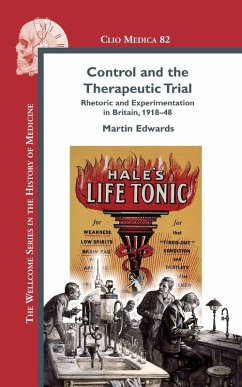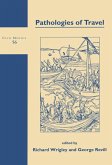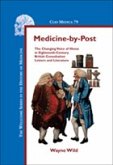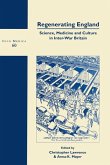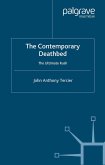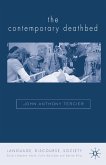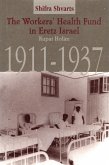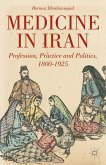Control and the Therapeutic Trial examines the development of the randomised controlled trial (RCT) from the eclectic collection of methodologies available to practitioners in the early-twentieth century. In particular, it explores the British Medical Research Council's (MRC) exploitation of the term 'controlled' to help establish its own 'controlled trials' as the gold standard for therapeutic evaluation, and, ultimately, the MRC itself as the proper authority to adjudicate on therapeutic efficacy.
Bitte wählen Sie Ihr Anliegen aus.
Rechnungen
Retourenschein anfordern
Bestellstatus
Storno

